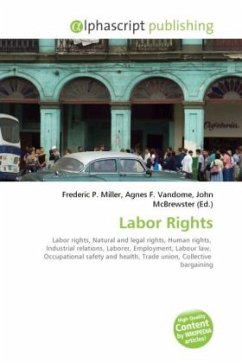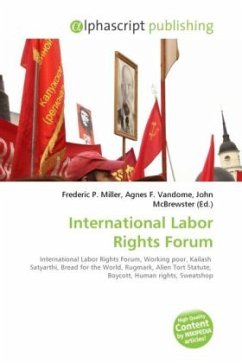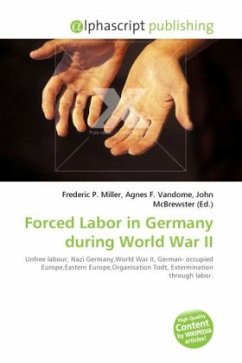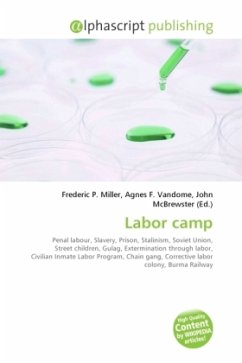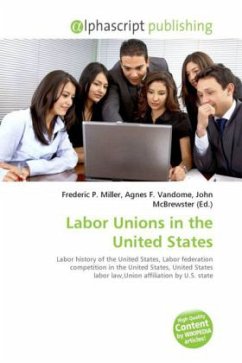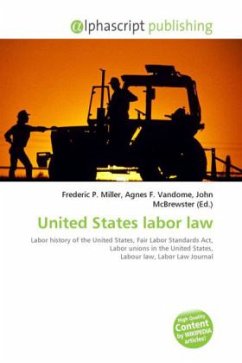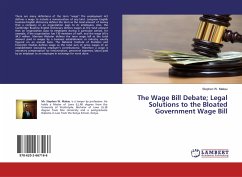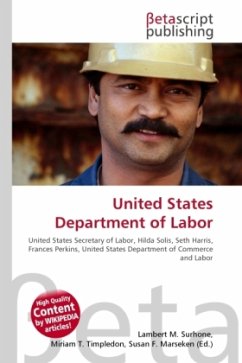Labor rights or workers' rights are a group of legal rights and claimed human rights having to do with labor relations between workers and their employers, usually obtained under labor and employment law. In general, these rights' debates have to do with negotiating workers' pay, benefits, and safe working conditions. One of the most central of these "rights" is the right to unionize. Unions take advantage of collective bargaining and industrial action to increase their members' wages and otherwise change their working situation. The labor movement initially focused on this "right to unionize", but attention has shifted elsewhere.Critics of the labor rights movement claim that regulation promoted by labor rights activists may limit opportunities for work. In the United States, critics objected to unions establishing closed shops, situations where employers could only hire union members. The Taft- Hartley Act banned the closed shop but allowed the less restrictive union shop. Taft-Hartley also allowed states to pass right-to-work laws, which require an open shop where a worker's employment is not affected by his union membership.
Bitte wählen Sie Ihr Anliegen aus.
Rechnungen
Retourenschein anfordern
Bestellstatus
Storno

